Brendan Gallagher continues his series looking at rugby's great schools
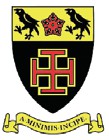
St Benedict's Ealing started almost as an offshoot of the Downside School, the Benedictine monks moving into West London to establish another school in 1897, but in rugby terms they have more than proved their equal.
Perhaps the earliest of St Benedict's alumina – or Old Priorians as they style themselves – to make a splash rugby-wise was hooker Bill Treadwell who was playing for the Wasps first XV at the age of 19 immediately after leaving school. Treadwell won three England caps during the 1966 Five Nations, by which time he was a dentistry student at Guy's, and retired from playing prematurely to set up his practice.
His rugby links, however, continued, serving as the RFU's honorary dental surgeon for 31 years, treating hundreds of players and opponents who incurred dental injuries during England games.
Another outstanding figure – and on the cricket field and athletics track – in the mid-60s was Ray Codd who was subsequently unlucky not to earn England caps at full-back. Codd played for Rosslyn Park while serving as MIC at Whitgift School and later enjoyed a long career teaching at King's Taunton whom he subsequently coached to success in the Festival tournament at Rosslyn Park in 1994, something which eluded him as a player at St Benedict's.
A much-respected figure at Benny's, the Ray Codd Cup was devised after his death and the inaugural game between St Benedict's Presidents XV and a Rosslyn Park XV was scheduled for March last year but unfortunately fell victim to Covid.
In the 80s came a notable pair of brothers in Phil Hopley, and two years later, Damian. Phil was a speedy high-stepping wing and Sevens player of note who represented England Students before concentrating full-time on his medical studies. He is now a noted psychiatrist and moti- vational speaker.
Damian, meanwhile, represented England at every level and was also a regular for Scottish Students during his the- ology studies at St Andrew's University. He played for England during the World Cup Sevens win in 1993 and was a member of the World Cup squad in South Africa in 1995.
By 1997 he had won three caps at centre and was still pressing for a longer run when he suffered a serious ACL injury playing for England at the 1997 the Professional Rugby Players Association.
World Sevens Cup in Hong Kong. Hopley was unable to recover from that but the experience of having to deal with injury, with limited help from the RFU, and suddenly face up to life without rugby was instrumental in him founding Another set of brothers who served Benny's well were the Huttons. Mike was a classy centre who won England U21 honours before concentrating on his medical studies while younger brother Robbie was a rumbustious flanker who captained England Schools 18 group.
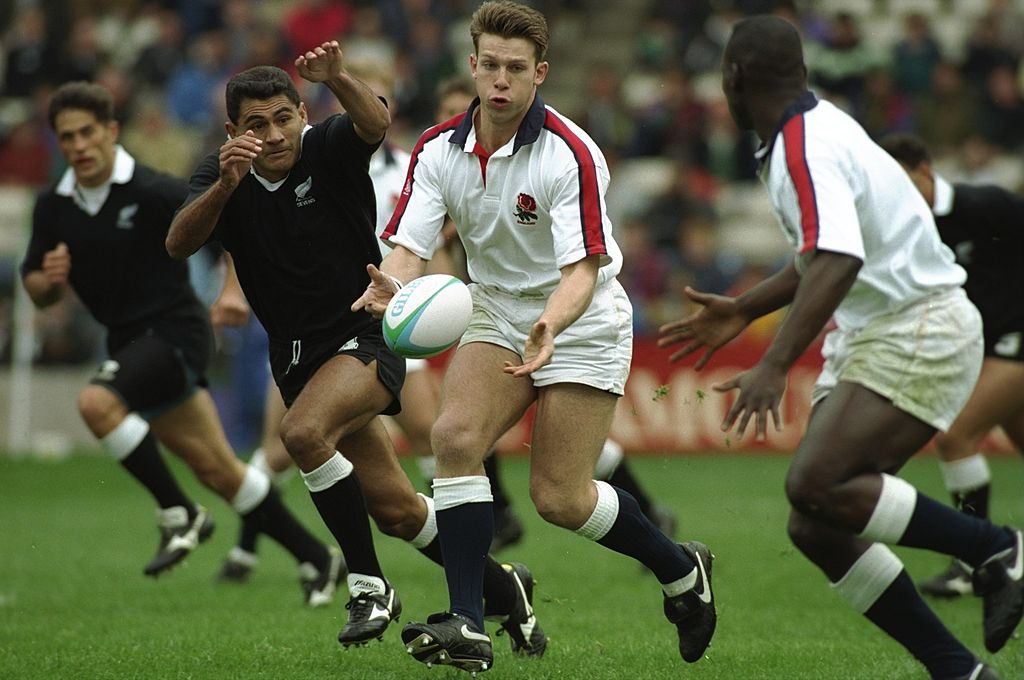
Both went on to play for Richmond and Robbie was one of the few players who, having helped the club climb the leagues from the old Courage League three to League one, was retained when rugby went professional and Richmond recruited from around the world.
On the subject of Sevens another St Benedict's student in the 80s – although he later moved to Wimbledon College – was Ben Ryan the future England Sevens coach who then switched to Fiji and guided them to the 2016 Olympic title in Rio.
St Benedict's were a force to be reckoned with throughout the noughties with their one tangible success being the Daily Mail U15 Cup in 2005, based on a year group that had gone unbeaten throughout the years, clocking up some huge scores.
In the Cup they accounted for Millfield in the quarter-finals and St Peter's York in the semifinal – when Adam Cole scored two tries – before encountering stern resistance in the final at Twickenham against St Paul's. The score was level at 7-7 deep into the game when Cole against struck for the decisive try.
The first XV were also very strong that year and had three players in the England 18 group squad – back rowers John Cann and Hugo Ellis and scrum-half Joe Simpson – but alas for them they met an even stronger Whitgift team in round four of the U18 Cup and lost 39-20.
Ellis played for many years at Rosslyn Park and ended his professional career at Newport Gwent Dragons. Younger brother Arthur was a talented flanker and played for Wasps before becoming an important figure in the rise of Ealing Trailfinders.
Simpson, of course, is still playing at Gloucester after a long career with Wasps where he made 230 first team appearances. Another of St Benedict's devastating Sevens players, he can consider himself unlucky to have won just one full cap, against Georgia at the 2011 World Cup.
With that Daily Mail U15 Cupwinning year group coming through and the remnants of an already strong first XV in place, the future looked promising and St Benedict's certainly flexed their muscles in the seasons to come even if they just missed out on the biggest honours.
The following year they looked like U18 contenders but lost 19-17 to Campion in round six. In 2006-7, a season in which they won 21 of their 24 games on a demanding circuit, all looked set fair until they lost out to a mighty Warwick side 10-5 in a hotly contested semi-final.
That team was returning almost en masse the next season when they were virtually untouchable, winning 22 of their 23 games, scoring 1,032 points and conceding just 119. They were running up huge scores against old and respected opponents and dealt with Filton Sixth Form College in the quarterfinals and a highly-rated Barnard Castle School in the semi-final but against fell agonisingly short in the final when they lost 7-3 to Wellington College.
St Benedict's remained contenders for a while. In 2009 they were stopped in the quarterfinals by St Peter's York after a fine 20-16 win over Whitgift.
The following season they clashed with Whitgift again, this time losing 27-10 in round seven to the eventual Cup winners.
A standout during this era was Jonah Holmes who starred for the first XV at scrum-half in 2009 and 2010. Holmes was considered one of the best athletes ever produced by the school although with his uncle being double Olympic gold medallist oarsman Andy Holmes perhaps that wasn't surprising. A bright future was predicted at 9 for England; in the end he ended up playing on the wing for Wales!
It took a while for his senior career to develop before Lynn Jones switched him to wing with London Welsh before four highly successful seasons with Leeds Carnegie where he scored 50 tries in 84 appearances. Leicester came in for him and he clocked up 24 tries in 45 matches, form which enabled him to use a Welsh grandparent qualification to play for Wales. He is now playing at Newport Gwent Dragons.

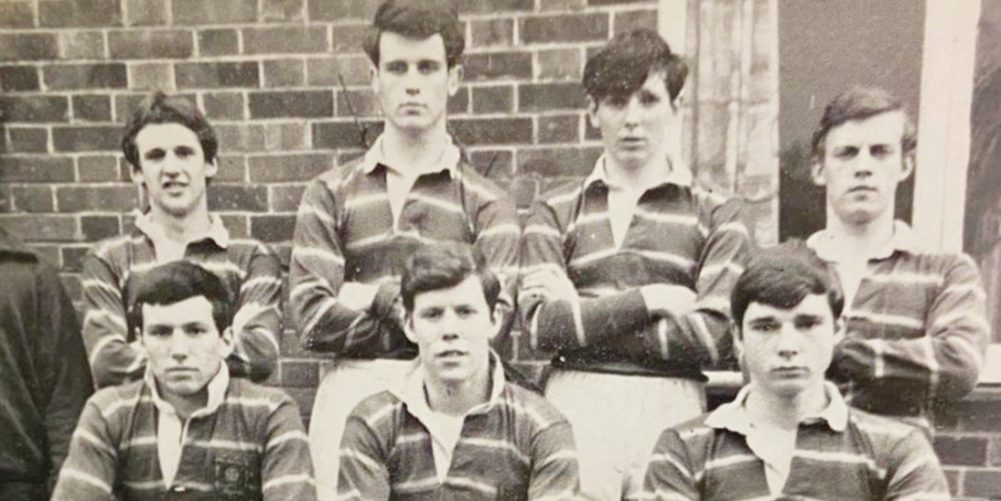
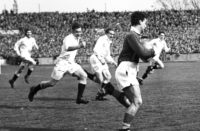

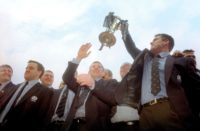























Pingback: เพิ่มยอดวิว